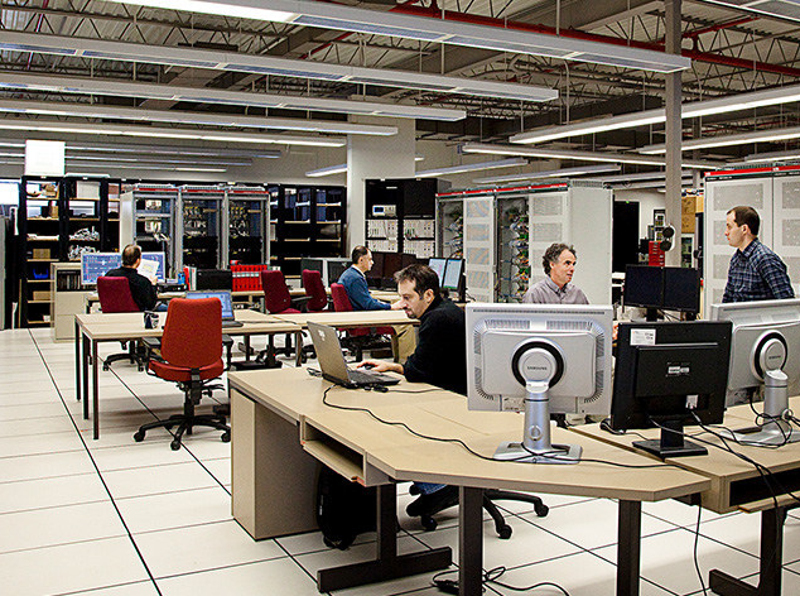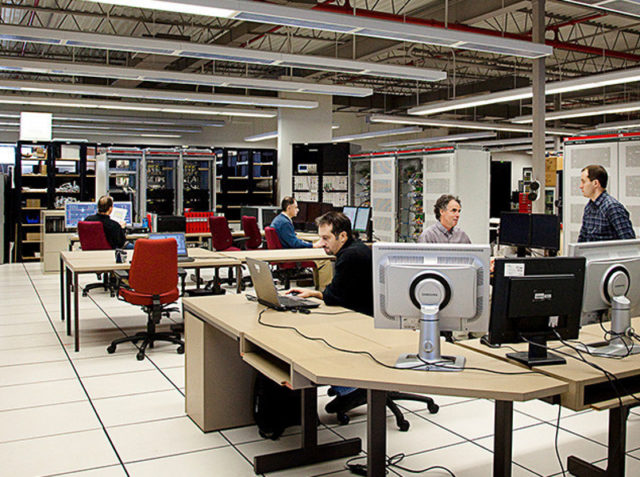Smart grid modelling is set to benefit from a new Canadian R&D partnership established by Hydro Quebec’s research centre (CRHQ).
CRHQ will work with Canada-based software solution developer E-Sim Solutions on collaborative simulation solutions with a focus on cybersecurity and telecommunications systems.
The aim of co-simulation platforms is to improve the efficiency of virtual testing methods used to validate the overall behaviour of complex systems involving multiple subsystems or technologies, such as electrotechnology, telecommunications, automated controls, mechanics and thermal analysis.
Related articles:
Hydro-Québec launches advanced fault detection solution
Canada: Utilities amongst top spenders on digital transformation
“Through this agreement, Hydro-Québec is joining forces with a small Québec-based company to prepare for the future by developing grid simulation and analysis solutions that both support the energy transition and leverage the digital transition,” said Jean Matte, senior director of CRHQ.
The project is expected to yield many benefits, according to a statement. These include reducing design and commissioning delays through the early detection of failures, enhancing collaborations among engineering teams through a common information exchange platform, and increasing the quality of testing aimed at optimising electrical systems from end to end.
“This agreement with CRHQ will give us the opportunity to leverage our experience in the field of digital simulation model interoperability to offer collaborative software solutions to the designers of the future,” said Thierry Roudier, president and founder of E–Sim Solutions.
Hydro-Québec is a provincially owned utility and the largest electricity producer in Canada.
Hydro-Québec’s research institute, of which CRHQ is a part, in September marked its 50th anniversary. Over those years it has grown from a group of 80 researchers focussed on power transmission technology on 735kV lines to a team of over 500 working on all aspects of Hydro-Québec’s activities, from electricity generation to consumption.



